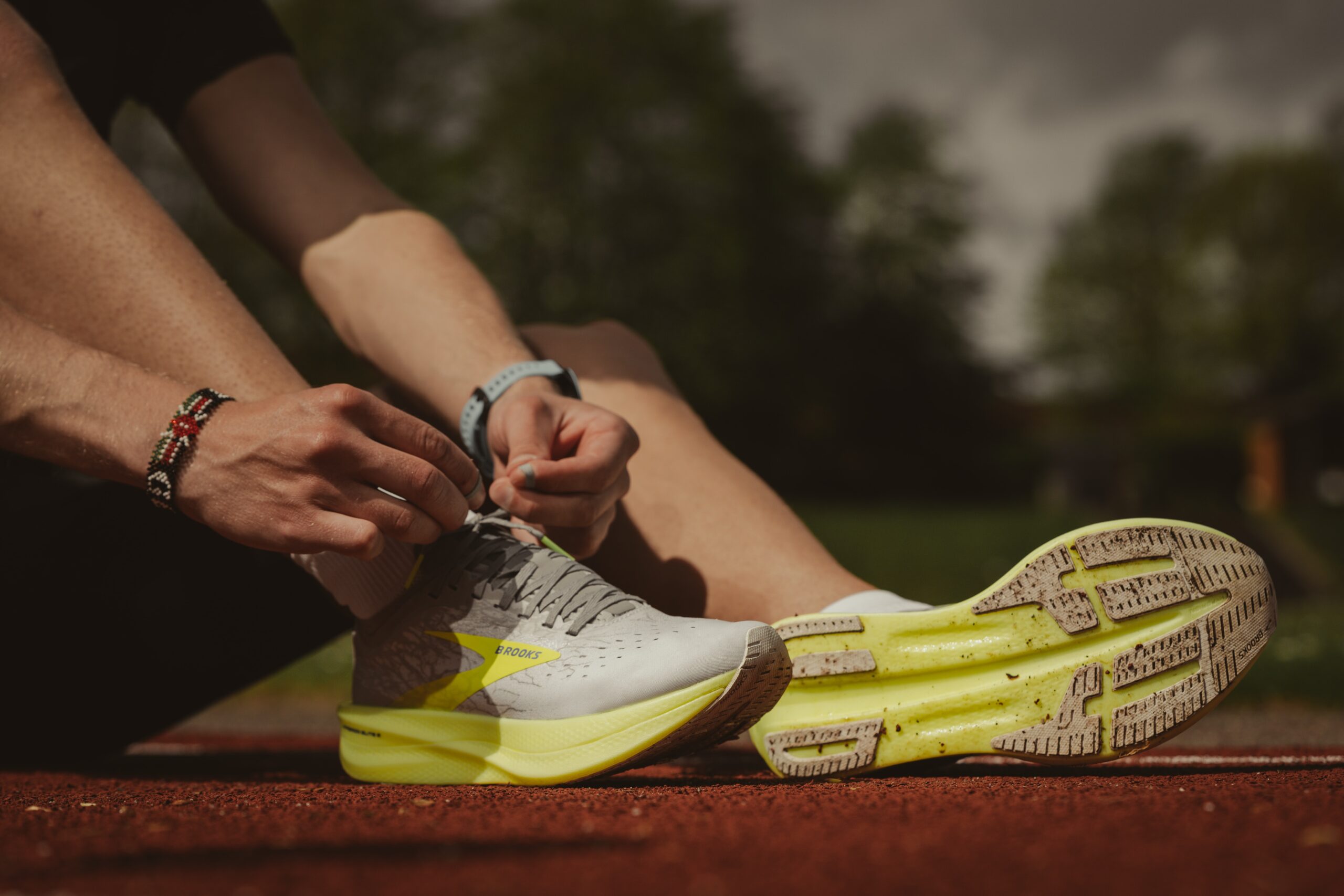Choosing the right running shoes is crucial for beginners as it can greatly impact your running experience and prevent injuries. With so many options available in the market, it can be overwhelming to make the right choice. However, by considering a few key factors, you can find the perfect pair of running shoes that will support your feet and enhance your performance.
1. Know Your Foot Type
Understanding your foot type is the first step in choosing the right running shoes. There are three main types: neutral, overpronation, and supination. You can determine your foot type by performing a wet test or consulting a podiatrist. Once you know your foot type, you can look for shoes that provide the necessary support and stability.
2. Consider Cushioning
Cushioning is an important factor to consider when choosing running shoes. It helps absorb the impact of each step and provides comfort. Beginners should look for shoes with adequate cushioning to protect their joints and reduce the risk of injuries. However, it’s essential to strike a balance as too much cushioning can affect stability and responsiveness.
3. Get the Right Size
Ill-fitting shoes can lead to blisters, black toenails, and discomfort while running. It’s crucial to get the right size by measuring your feet regularly and trying on different brands and models. Remember that running shoes should have a thumb’s width of space between your longest toe and the end of the shoe. This allows room for your feet to expand during the run.
4. Test Them Out
Before making a purchase, it’s important to test the shoes out. Visit a specialty running store where experts can analyze your gait and recommend the right shoes for you. Take them for a short jog or run on a treadmill to see how they feel. Pay attention to any discomfort or pain, as this could indicate that the shoes are not the right fit for you.
5. Consider Your Running Goals
Your running goals should also influence your choice of running shoes. If you’re planning to run long distances, you may need shoes with extra cushioning and support. On the other hand, if you’re training for speed, you may opt for lightweight and responsive shoes. Consider your goals and prioritize the features that will help you achieve them.
Choosing the right running shoes for beginners may take some time and experimentation. It’s important to be patient and not rush into a decision. Remember that everyone’s feet are different, and what works for others may not work for you. By considering your foot type, cushioning, size, and running goals, you can find the perfect pair of running shoes that will support you on your running journey.






